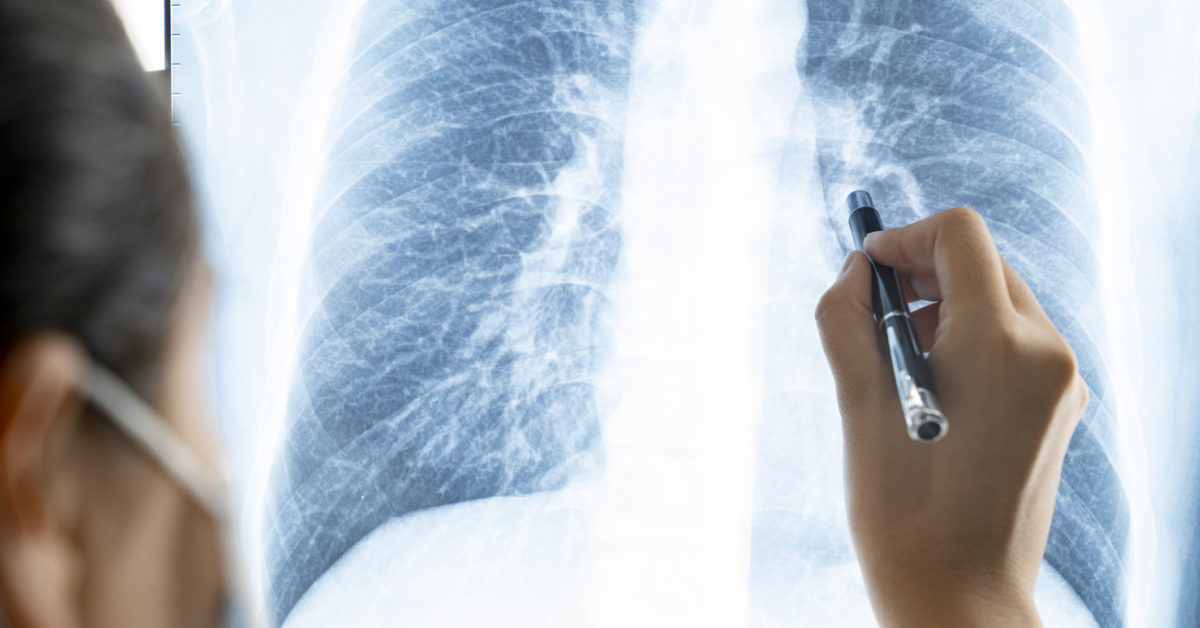The lungs of people who smoke may contain more of the receptors that the new coronavirus uses to invade cells. This could explain why people with the virus who also smoke appear to be particularly vulnerable to severe illness.

The majority of people who acquire SARS-CoV-2, the virus that causes COVID-19, experience mild-to-moderate symptoms and will fully recover without hospital treatment.
However, several studies suggest that people who smoke are significantly more likely than people who do not to develop a severe form of the illness.
For example, according to a recent study of COVID-19 cases in hospitals in mainland China, 11.8% of people who smoked had a nonsevere form of the disease, while 16.9% had severe disease.
To break into cells and start replicating itself, the virus latches onto a protein receptor called angiotensin-converting enzyme 2 (ACE2), which is present in the cells’ membranes.
Researchers at Cold Spring Harbor Laboratory in New York wanted to find out if people who smoke have more of these receptors in their lungs. This would potentially make them more vulnerable to the infection.
Their results have undergone peer review and will appear in the journal Developmental Cell. A preprint of the paper is available on bioRxiv.
“We started gathering all the data we could find,” says senior study author Dr. Jason Sheltzer. “When we put it all together and started analyzing it, we saw that both mice that had been exposed to smoke in a laboratory and humans who were current smokers had significant upregulation of ACE2.”
First, the researchers reviewed data from a genetic study that exposed mice to diluted cigarette smoke for 2, 3, or 4 hours per day for a period of 5 months.
They found that the longer the mice had exposure to cigarette smoke, the more ACE2 receptors were expressed in their lungs.
The scientists later investigated whether or not the same “dose-dependent” relationship between smoking and ACE2 applied in humans.
They analyzed two existing genetic datasets: one based on lung tissue samples from people who smoke who are undergoing thoracic surgery, and one based on lung tissue from people in the National Cancer Institute’s Cancer Genome Atlas Program.
T

